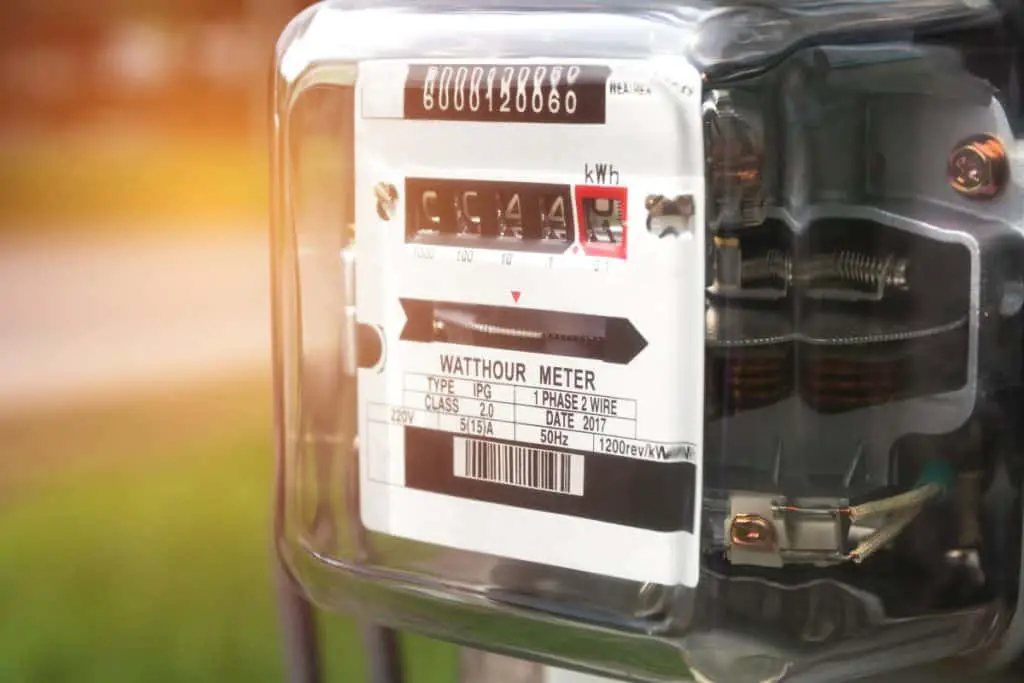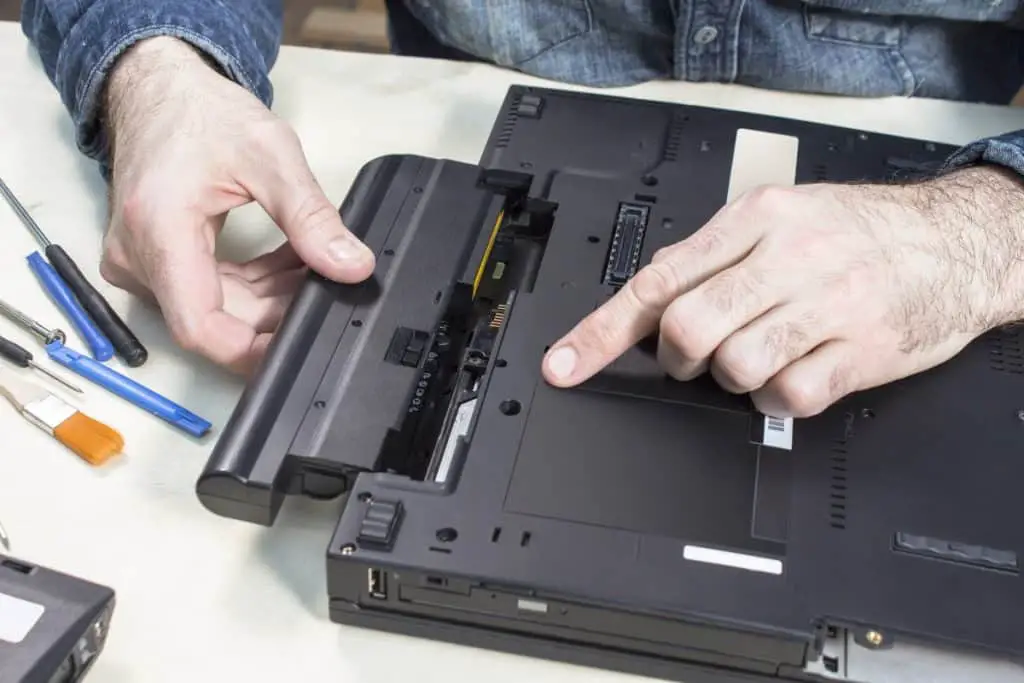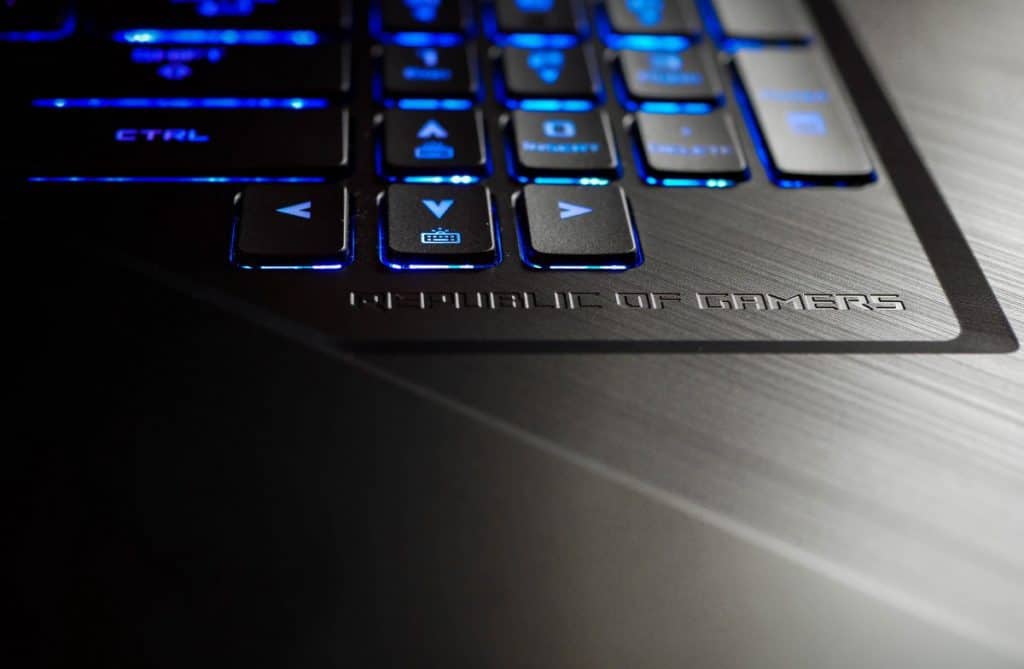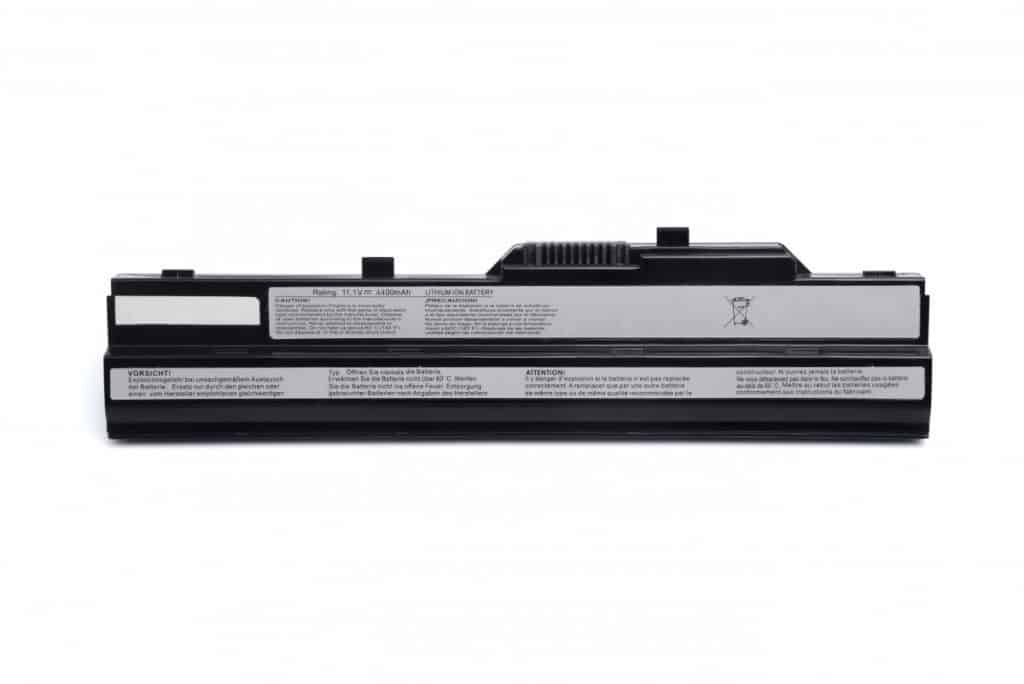Nowadays, everyone has a laptop because of how it has become quite important for everyday use in work, play, leisure, and entertainment. That said, there are some cases wherein you might find yourself trying to charge your laptop but it doesn’t end up charging well. This is where knowing how much power your laptop needs comes in. So, how much power does a laptop use?
A laptop computer uses somewhere between 50 and 100 Watts per hour while in use. It depends on the type of laptop you have and on its charger. However, there are some laptops that can function at 20 Watts. Meanwhile, when charging the laptop’s battery, there could be a 10 to 20 percent increase in the wattage.
Knowing how much power your laptop uses is important because of how it does not only allow you to know how much power is needed to charge it or to allow it to function well. Meanwhile, there are also cases where you might be a bit too concerned about your electricity bill and carbon footprint. That is why knowing your laptop’s wattage is important.

How Much Power Does a Laptop Use When Plugged In?
In the world we live in today, laptops have become the norm in everyday computing because of how they are actually quite convenient. You use your laptop for a wide variety of different things such as for work, gaming, leisure, and entertainment. It has become quite important for any person to have a good and functioning laptop that they can carry around and use wherever they go.
While laptops are quite convenient because they are powered by a battery, they still do consume quite a bit of power. Laptops are indeed much less power-hungry compared to conventional desktop computers because they are smaller and much more energy-efficient. But you still need to charge their batteries or keep them running when you are not in power mode.
That said, this is where knowing how much power or wattage a laptop uses. Knowing how much power a laptop uses while it is plugged in can be quite important because this is where you will know whether or not you can charge it using a certain cable or whether or not you are consuming much more power than you would have preferred.
Why Know Whether You Can Charge a Laptop?
So, one of the things that make the laptop a better option for most people is that it is convenient and handy to carry around compared to the stationary desktop that will make it difficult for you to bring anywhere else. In that sense, the one thing you need to do when you are carrying your laptop is to bring along its charger because you need to charge it whenever it runs out of battery power.
But there will be some instances where there are some places that don’t come with an outlet for you to charge your laptop with. This is where it becomes important for you to find other power sources such as a portable charger or power bank, your car’s USB charger, or the USB charger you see in trains and airplanes. However, the cable that you can use to connect to these chargers comes with a wattage that might not be high enough to charge your laptop.
For example, the usual USB charger has somewhere between 5W to 10W in terms of the power it can deliver. However, most laptops, as mentioned, need about 50W to 100W of power. The lowest is probably a MacBook that requires about 29W. This means that, if you only have a USB charger with you, you won’t be able to charge your laptop properly when you can only connect it via the USB-A port in a car’s USB charger.
So, as such, you would need to make sure that you have the proper charging cable that has enough wattage to support proper charging for your laptop. While you should always have your laptop’s proprietary charger, it pays to have an extra charging cable that will allow you to connect your laptop to the right power source and deliver enough wattage to your laptop so that you can actually charge its battery or power it.

Why Know How Much Power Your Laptop Consumes?
It isn’t really rare for people to be too concerned about their regular power consumption. Different appliances have their own different power consumptions depending on how they were primarily designed. So, by knowing how much power your laptop consumes, you would have a good idea of how much power your household is consuming on a regular basis. After all, laptops still power even though they are actually primarily powered by their batteries.
Going from there, knowing how much power your laptop consumes will allow you to save more power if you tap into the power-conservative side in you. This is important for those who are looking to conserve their energy usage either due to how they want to keep their expenses on the low side or how they want to save the environment and keep their carbon footprint low. After all, energy will cost you money.
Meanwhile, the more energy is being used by your household, the more you are contributing to how energy companies use power sources that aren’t friendly to the environment.
That said, if you know how much power a laptop consumes, you can make informed choices in the next laptop you want to buy or when you are plugging in your laptop for extended periods of time. After all, while keeping your laptop plugged in, you are not using batter power but you are actually getting power directly from the outlet.
Then again, using battery power will also equate to using power from the outlet. But by using a power-conservative mode on your laptop, you would be able to keep your expenses and your carbon footprint low while you are using your computer.
How Much Power Does a Laptop Consume When Plugged In?
That said, when you are keeping your laptop plugged in while you are using it, you are going to end up consuming more power in the process. The overall usage would roughly equate to 4.5 kilowatt-hours of electricity per week. This is should be somewhere close to 230 kilowatt-hours in an entire year.
However, you also have to take into consideration that certain laptops are built differently. The bigger and more powerful your laptop is, the more likely it is going to eat up plenty of power. Meanwhile, smaller and newer laptops tend to have lower power requirements compared to their larger counterparts. That said, it is now important for us to talk more about how much power a laptop consumes on an hourly basis.

How Much Power Does a Laptop Use per Hour?
When we are talking about how much power a laptop uses on a regular basis, one of the most important things you need to do is to know how much power it uses on an hourly basis. Knowing that will allow you to quickly plan ahead on how long you want to use your laptop on a daily basis so that you will be able to save more money or lower your carbon footprint by keeping your energy expenses lower.
So, that said, there are plenty of different factors that contribute to how much energy a laptop can eat up in an hour. And by knowing these different factors, you will be able to make a more informed decision regarding how much power you will end up eating while you are using your laptop.
Size
Of course, laptops that are bigger in terms of their physical and hardware size would end up eating more power in the process precisely because bigger components require bigger more energy to function. So, if you have a bigger laptop, it would most probably end up needing more power to function. On the flip side, a smaller laptop is likely to eat up less power as well.
But screen size isn’t the only factor we are looking at here. That’s because there may be laptops with a smaller screen size but actually have hardware that is big enough to actually eat more power. This is precisely the reason why laptops that are slimmer and have smaller screens tend to be more power-efficient than bigger laptops.
Specs
On top of how laptops that are bigger are more likely to eat up more power, laptops with higher specifications and better features are also going to need more power. That’s because these laptops tend to have bigger and more powerful components that allow them to have better specs. The bigger and more powerful the components are, the more likely the laptop will end up eating more power.
So, in that case, gaming laptops with powerful GPUs, better CPUs, and larger hard drives are actually more likely to eat up more power than laptops that have lower specs that don’t need the same kind of power as their larger counterparts do.
Manufacturing Date
Of course, technology evolves through time. More and more laptops are now designed to have better specs and lower energy consumption regardless of how big or small they may be. That’s why newer laptops tend to be more energy-efficient than their older counterparts.
Naturally, when you have a laptop that is older, it is more likely to be more power-hungry than newer laptops that are similar to it in terms of size and specs. That’s why, as you may have noticed, older laptops tend to have larger power bricks or AC adaptors in their chargers compared to the newer ones today.
How Much Power Does a Laptop Use per Hour?
Now that we have all those things said, you should know that there is no general amount of power that a laptop uses per hour because different laptops have different wattages when compared to one another. However, in most cases, the usual wattage of most laptops today is somewhere between 50W and 100W per hour. It can be higher or it can be lower depending on your laptop’s design and how energy-efficient it might be.
For example, laptops that are larger and more powerful are going to need more electricity to power the components of the laptop. But some flagship laptops from different companies tend to have lower power requirements as well. A good instance is the MacBook Air, which has a small and slim design that allows it to have a lower power usage of about 30W an hour.
So, if you want to know how much power your laptop uses per hour, the best way for you to do so is to look at its charger or AC adapter, which is also called the power brick. The power brick on the charger will most likely indicate how much power your laptop uses when it is charging through its own power adapter. For example, a 2019 MacBook Air has a significantly lower wattage of 30W per hour. But, in most cases, laptops that are larger and more powerful will have a wattage of somewhere between 50W and 100W.

How Much Electricity Does a Laptop Use in 24 Hours?
Now that you know the wattage per hour of most laptops, you can tell how much power a laptop tends to eat up in 24 hours by multiplying its hourly wattage with how many hours you leave your laptop connected to its charger and to the power outlet.
So, for example, if you have a laptop that has a 50W charger and it has been connected to its charger for 24 hours, then that would equate to 1,200W or 1.2 kilowatts. However, it can be rare to find people who leave their laptops on and connected to the charger for an entire 24-hour span. As such, when you work eight hours a day on your laptop, you might expect a 50W laptop to eat 400W per day.
Does Leaving a Laptop Plugged in Waste Electricity?
The sad part that you need to know is that a laptop that is plugged in will still waste energy even if it has a battery that is all powered up and even though it is turned off or is in sleep mode. In most cases, plugged laptops will still use about 66% of their total wattage, which is a waste of electricity even though you are not actually using the laptop. That’s why, when not in use, your laptop should be switched off or in sleep mode and disconnected from its charger.
How Many Watts Does a Laptop Use When Charging?
Another thing you need to know is that laptops that are charging their batteries will also end up eating up more watts than normal. That’s because the charger is not only powering the laptop itself but is also charging the battery. As such, most laptops that are charging will most likely eat up an extra 10 to 20 percent of wattage. So, if you have a 50W laptop, it might end up eating up to 60W when you are charging your laptop’s battery.
